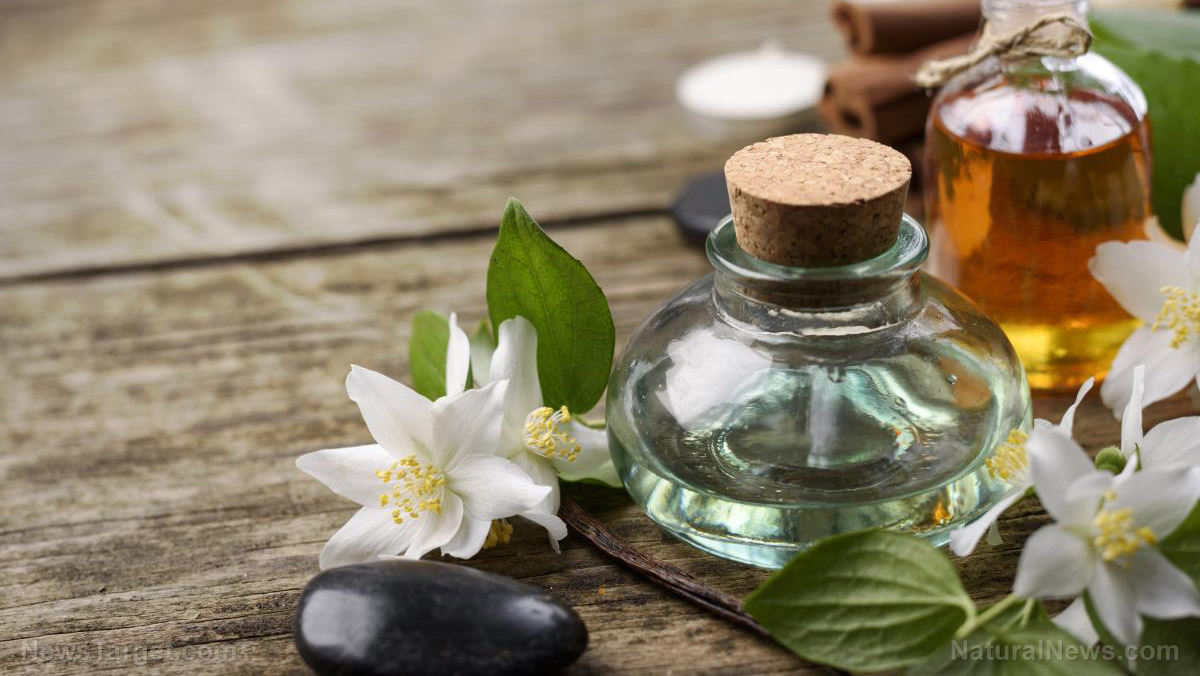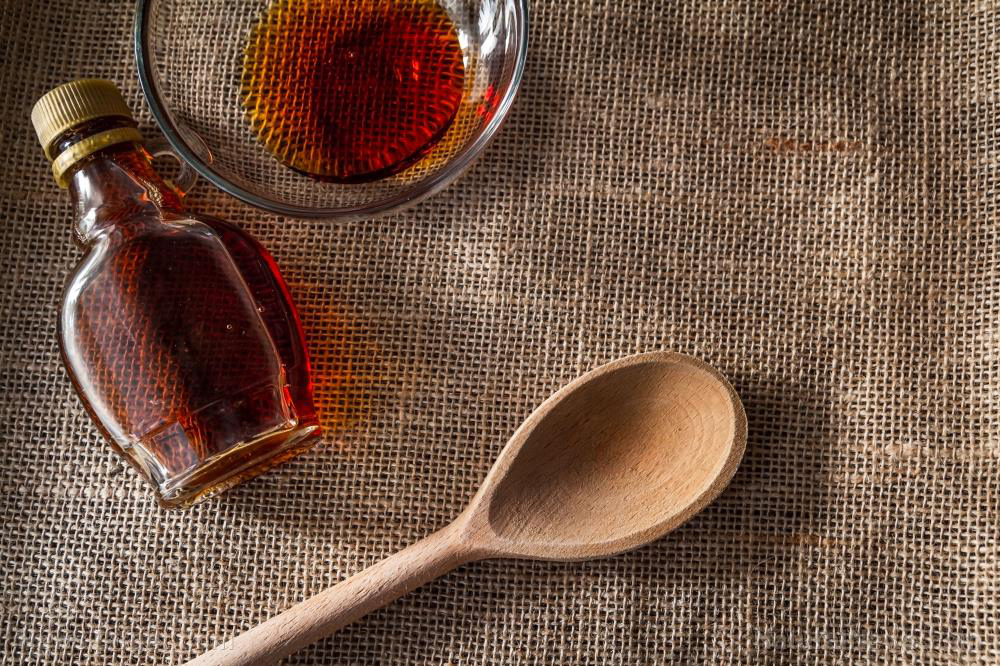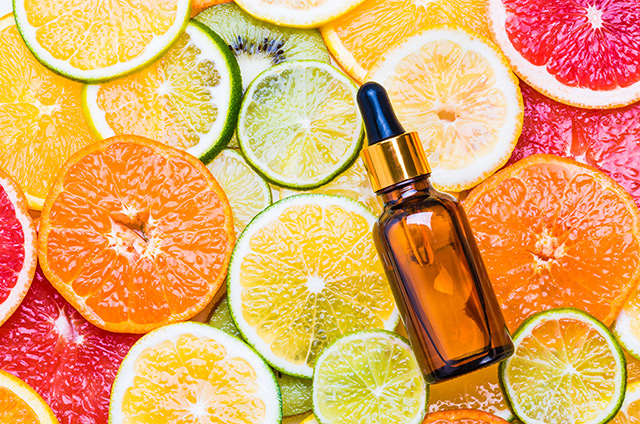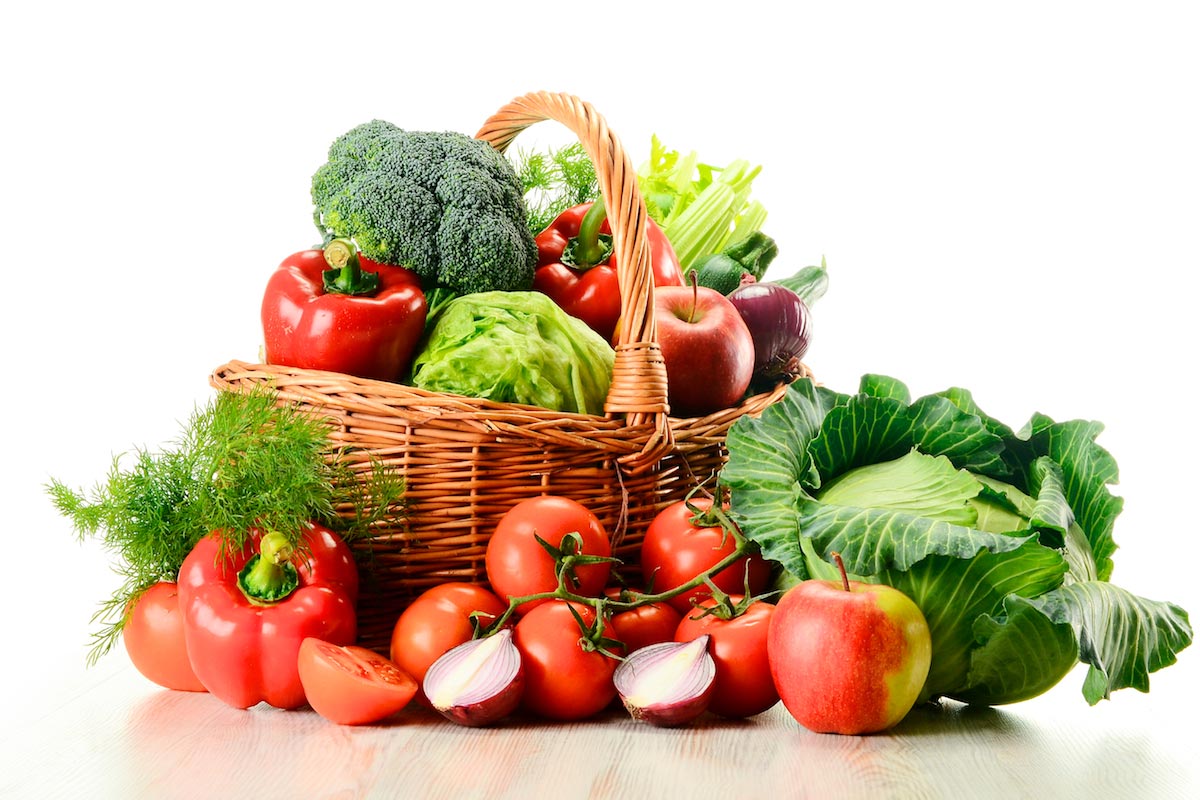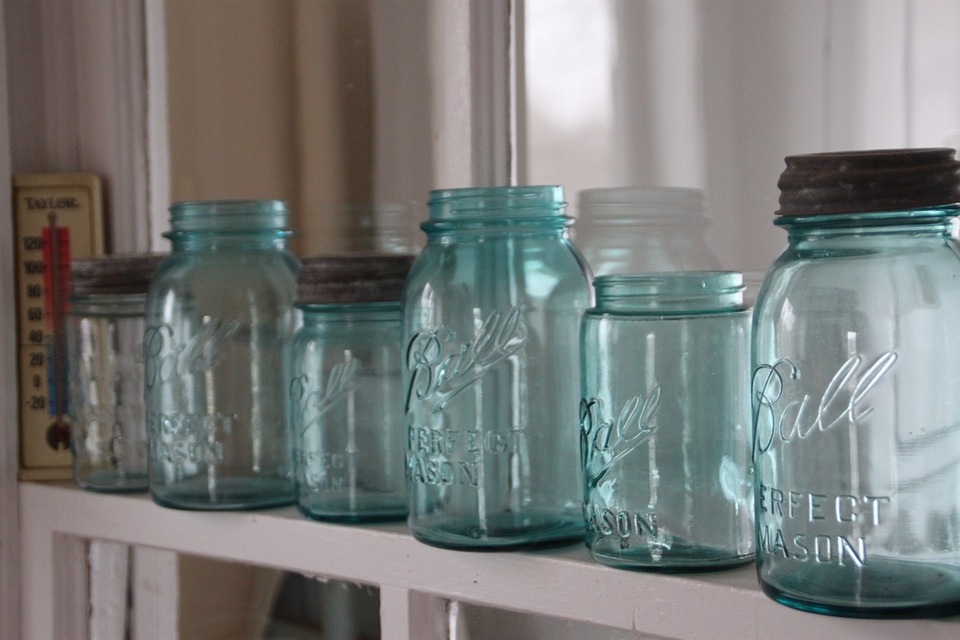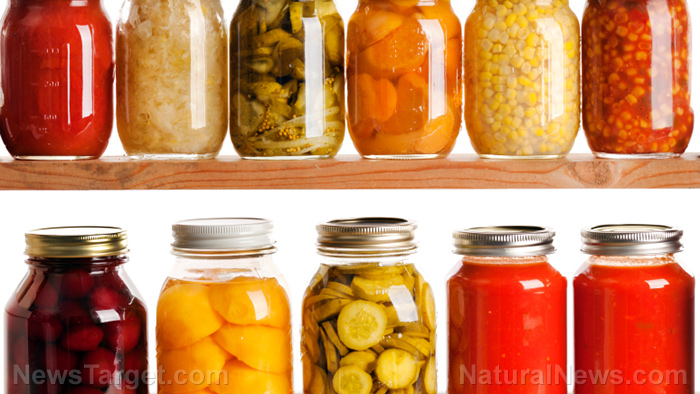10 Healing superfoods you can easily grow in your garden
05/21/2018 / By Michelle Simmons
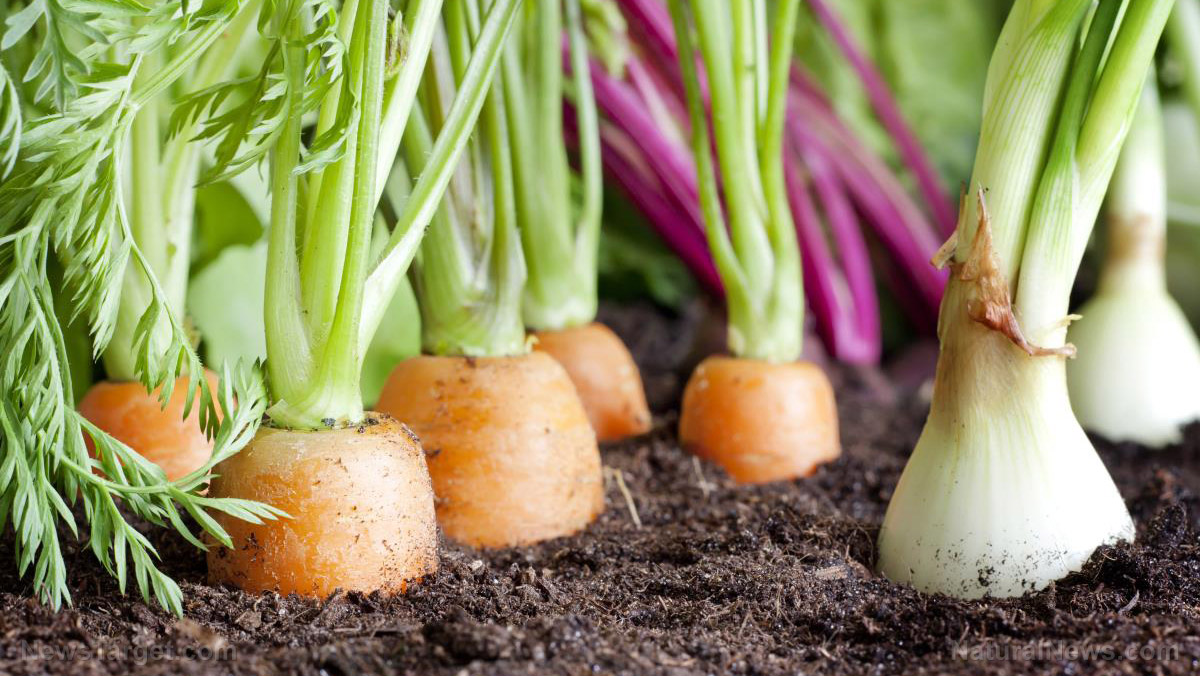
The key to a healthy diet is within your reach. You don’t need to go far to get it – since all you’ll be needing is a plot of land in your garden and some elbow grease. Here are 10 superfoods you can easily grow in your garden:
- Apples – These fruits are packed with vitamin C and soluble fiber, making it great for the heart and blood cholesterol. In addition, apples also help with weight loss, diarrhea, constipation, and cancer prevention. To plant apples, dig a hole that’s twice as wide as the pot your apple tree comes in. Then, remove the tree from the pot, loosen its root ball, and spread the roots. Fill the hole with the soil you dug out and water the tree well.
- Barley – Roman gladiators consumed barley so much that they were known as “hordearii” or barley eaters. It’s for a good reason: The grains are an excellent source of energy with its complex carbohydrates, and it also aids in weight loss. To get the most out of barley, it’s best to consume less-processed versions of it. Sow barley seeds in rows, ensuring that there are 20 to 25 seeds per square foot of space.
- Cantaloupe – This superfood has a variety of uses: Aside from being a diuretic, it also prevents cancer, treats hepatitis, and even repels worms. It’s a great source of vitamins A and C, as well as potassium. Cantaloupe thrives in warm soil. Spread the plants out at least 18 inches. Ensure the soil remains moist, and water weekly. Add compost to the base of plants every four weeks.
- Carrots – These have been in American folk medicine to treat many disorders, including asthma and skin disorders. The beta-carotene that are in carrots is a potent antioxidant which repels free radicals and prevents cellular damage. You can grow carrots in containers. Sow carrot seeds two to three inches apart in a pot at least 12 inches deep.
- Garlic – It’s been used in treatment since the time of the ancient Egyptians, thanks to its ability to destroy various kinds of bacteria. Multiple studies, however, have proven that it can treat so much more – it also possesses antifungal, antiparasitic, anti-protozoan, and antiviral properties which can address various diseases. Garlic is almost a maintenance-free crop. Simply plant garlic cloves into well-drained soil in spring or autumn, then leave them to it. The foliage will turn yellow and will die back during late summer. Lift and dry them in the sun before storing them.
- Onions – For over 6,000 years, onions have been used for its medicinal properties. In particular, these work wonders for the cardiovascular system – working as anticoagulants to break up clots, prevent blood cells from clumping, and increase good cholesterol. Like garlic, onions are a virtually maintenance-free crop. Plant onion bulbs like how you would plant garlic cloves.
- Peas – Peas contain fibers that lower cholesterol, as well as antioxidants and vitamins A and C that fight viruses and carcinogens. Sow them directly into the ground from March to June. Then, simply put some chicken wire or netting between supports at each end of the row.
- Strawberries – These succulent fruits contain antioxidants that fight cancer and fibers that help lower cholesterol and aid in weight loss. Strawberries can be planted anywhere where there is enough sunlight. Ensure that your container is at least 12 to 14 inches deep for its roots to grow. Fill the container with healthy soil. Plant your strawberries in the soil. Keep them well watered throughout the growing season.
- Sweet potatoes – Also known as the “rheumatism root,” sweet potatoes have been used as anti-arthritic and antispasmodic food. These are also rich in beta-carotene, which makes it good for cancer prevention. Sweet potatoes are typically grown from slips. Plant the slips in raised rows, about eight inches high. Place them about 12 to 18 inches apart with three to four feet between rows. Don’t water them during the final three to four weeks before harvest to prevent them from slipping.
- Tomatoes – Tomatoes are not only low in calories, but they are also a great source of vitamins C and A. They are also known for their lycopene content, which can reduce the risks of certain cancers. The juice of tomato can be used to fight the smell of skunks spray. To keep tomatoes fresh, store them at room temperature. Pick a bush variety which can be planted in hanging baskets and window boxes.
Growing your own food has many health benefits: It helps you eat more fresh fruits and vegetables, minimizes your exposure to chemicals like pesticide, and allows you to control when to harvest your food. (Related: Save the earth and better yourself: 8 reasons why growing your own food is the best decision you will ever make.)
Read more news stories and studies on superfoods by going to Superfoods.news.
Sources include:
Tagged Under: Apple, barley, Cantaloupe, carrots, garden, gardening, garlic, Herbs, homesteading, natural medicine, off grid, onion, peas, self-reliance, strawberry, sweet potato, tomato


